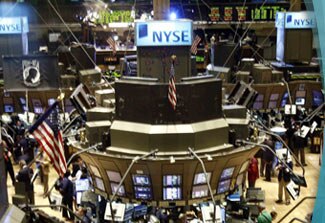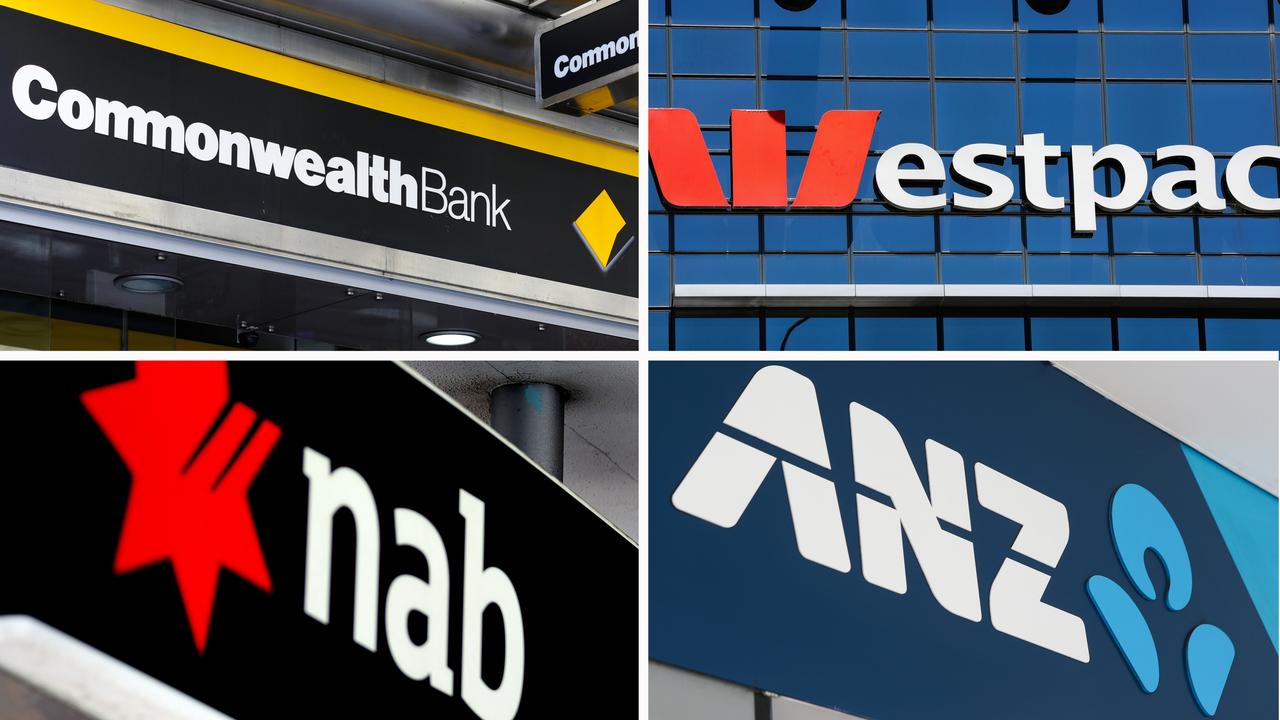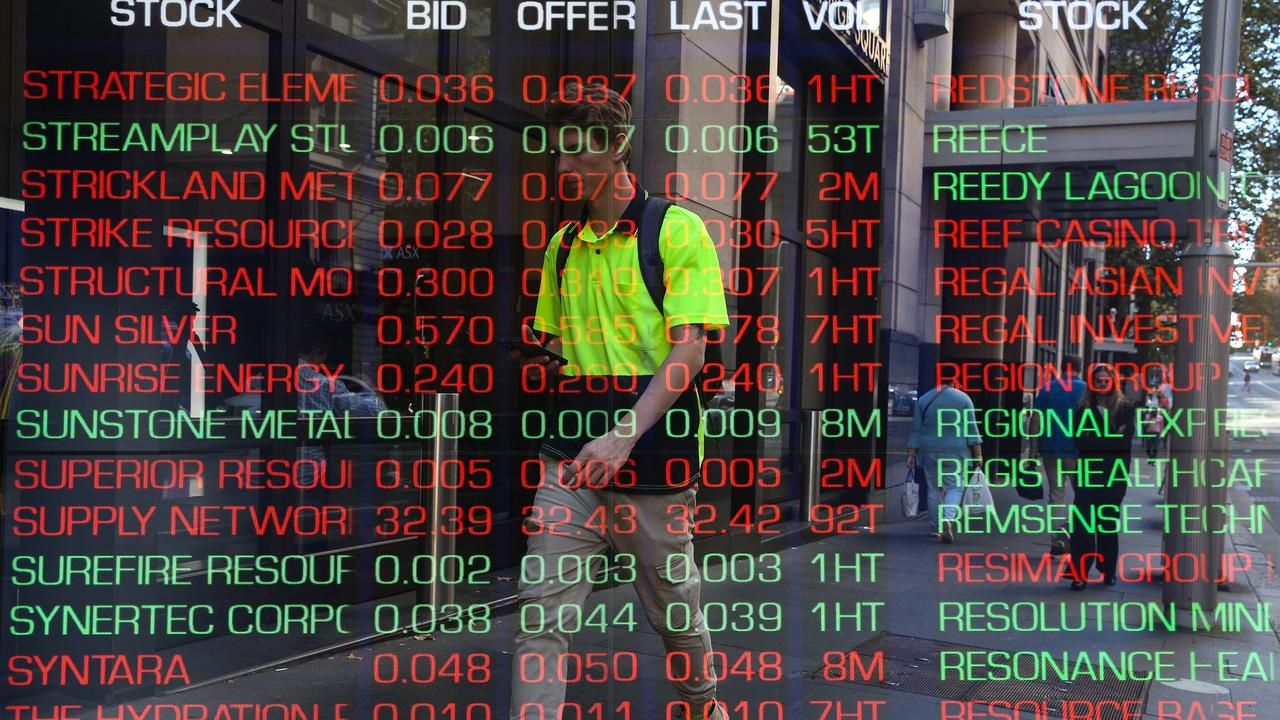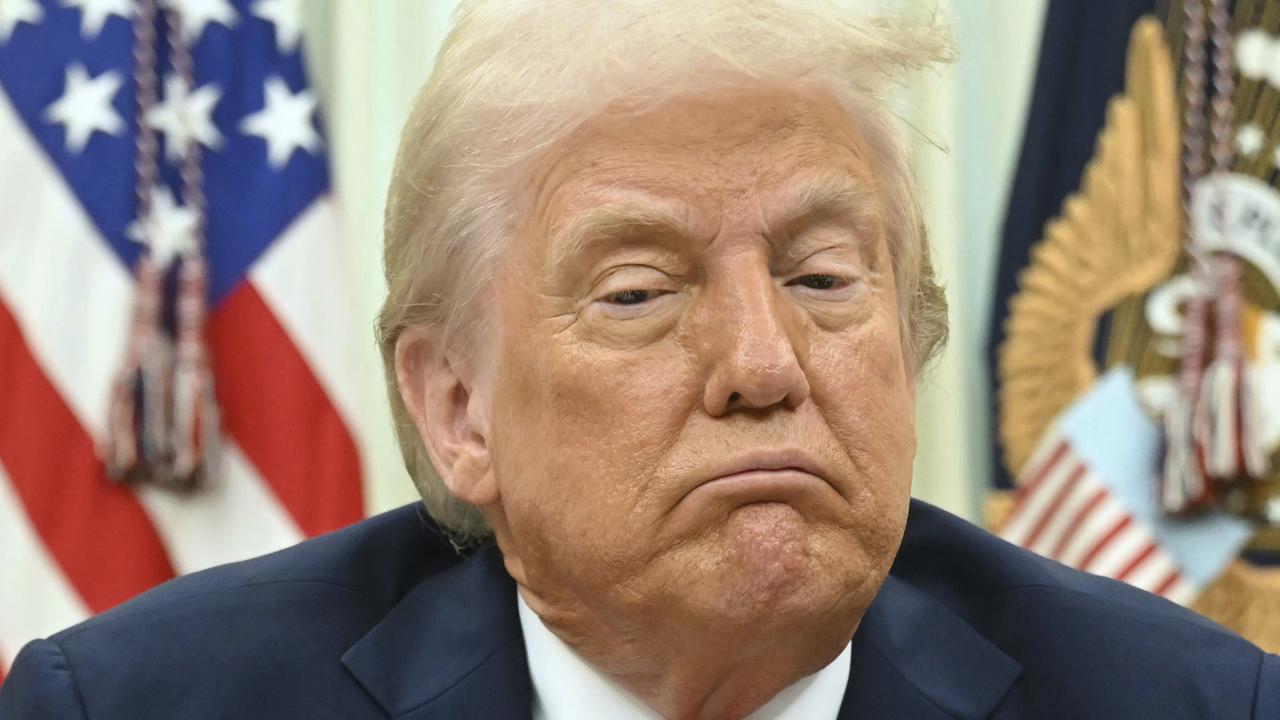Global funds can be traded like stock
EXCHANGE traded funds offer a way to buy international stocks and get a piece of big name global firms.

Global funds can be traded like stock
DO you drive a Toyota, fill it from a Shell pump and use pharmaceuticals made by Pfizer; have you travelled between Hong Kong and Guangzhou on a train operated by Guangshen Railway , or do you perhaps own a product made by Canon?
All these things are easily enough done, but what if you want to own a piece of companies like these?
That has become possible recently mainly through investing with funds that specialise in international shares.
The downside is that you can't get in and out quickly by buying or selling on the stock market. When it comes to the stock market, listed investment companies here are overwhelmingly weighted in Australian shares.
Enter iShares, Barclays Global Investors and their brand of exchange traded funds.
These funds track stock indices and can be traded like a stock. There are around 1000 exchange-traded funds (EFTs) worldwide with total assets of about $US700 billion ($787 billion).
Barclays has carved out a large slice of that sector with its iShares product operating out of the US, Dublin, Hong Kong, Singapore, and now Australia.
ETFs have their critics. One criticism is that they are a product of the bull market, just as mutual funds thrived during the last market boom, and that they are just another way for financial houses to earn fees.
Fund managers who offer other products will say that ETFs, by their very nature, can do no better than the index they follow, whereas their role is to try to do better than the market as a whole.
ETFs emerged in the US in 1993, but it was not until 2001 that they began to take off with a wider group of investors.
Barclays has listed eight iShares funds on the Australian Securities Exchange and are all crossed-listed from the New York Stock Exchange. In the first few weeks of trading, these iShares could be bought for anything from less than $20 a share to more than $170, depending on the index.
They are: the iShares S&P Global 100 (100 companies each valued at more than $US5 billion); iShares S&P SmallCap 600 (US stocks between $US300 million and $US1 billion); iShares S&P 500 (varied large-cap US stocks); iShares S&P Midcap 400 (US stocks capped at $US1 billion-$US4 billion); iShares MSCI EAFE (European, Australian and Asian companies); iShares MSCI Japan (Japanese stocks); iShares S&P Europe 350 (350 stocks in 17 European markets) and iShares MSCI Emerging Markets (companies in 22 emerging countries.
This is only the start, according to Barclays co-head of iShares Australia, Tim Bradbury. He will be listing more on the ASX before Christmas and early in 2008.
The product is aimed mainly at institutions and investment advisers wanting to shape customised portfolios, but there is nothing to stop any retail investor doing their own customising.
Mr Bradbury says Barclays is filling a gap in the market. "I am constantly asked by people how they can get small-cap exposure, or if they can just have emerging markets,'' he says. These people want more control over how their portfolios are constructed.
He argues that iShares do not mean the end of the active fund manager in favour of index following. ``It's hard to find good fund managers, but if you can find them, allocate money to them.''
iShares makes much of the low fees. Apart from the broker fee to trade, the management fees are below those for unlisted managed funds.
Independent financial products researcher Morningstar did the calculations on fees. For iShares S&P Global 100, the annual fee is just 0.4 per cent against the average 1.97 per cent average fee in a retail unit trust or a 1.08 per cent average in a wholesale unit trust.
Morningstar research head Anthony Serhan says iShares are an inexpensive way to get international exposure, but there are downsides.
While there is real-time disclosure as with any share trading, the price you pay or receive is only as good as the person on the other side of the transaction wants it to be. Secondly, you are buying on an unhedged basis with full exposure to the US dollar, whereas unlisted managed funds offer the choice of a hedging component.
As well, you must like index hugging. By contrast, active international shares manager Hunter Hall's internationally exposed unlisted funds are what its deputy chairman Jack Lowenstein calls "index unaware''.
Its funds, including the 13-year-old Value Growth Trust, are happy to go overweight or underweight rather than follow an index. Lowenstein says Hunter Hall several years ago picked South Korea as an undervalued market and went in big. It did the same with Japan but got out before that market stalled.
"We are always looking for unpopular markets. The US hasn't yet, become excessively undervalued, but it could,'' he says.
It is getting harder: markets are becoming more synchronised so it is a matter of bottom-picking individual stocks rather than countries.
Mr Lowenstein concedes that index funds do offer a lower entry cost. "However, investors seeking above-average returns should not be put off by paying fees to get this.''



